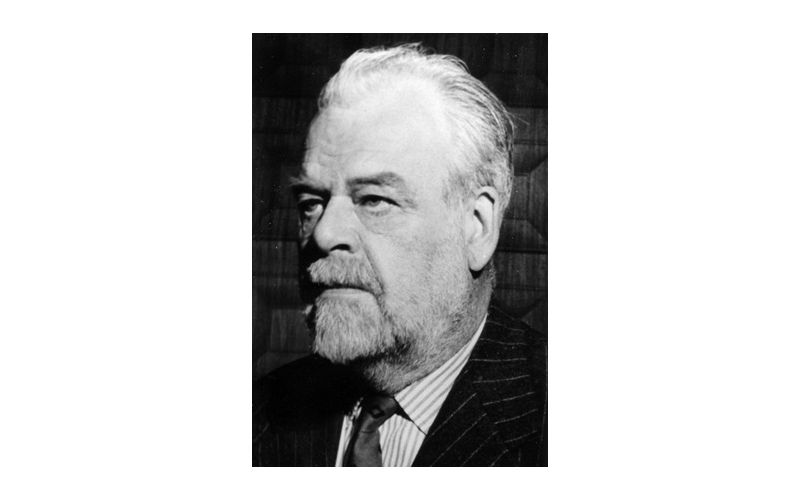100 Heroes: Henry-Russell Hitchcock
The gay man who became one of the fathers of modern architecture.

Henry-Russell Hitchcock was an architectural historian.
A long-time professor at Smith College and New York University, Hitchcock’s writings helped to define modern architecture.
Early life
Born in Boston in 1903, Hitchcock was educated at Middlesex School and Harvard University.
Teaching and writing
In 1932, Hitchcock collaborated with Philip Johnson on Modern Architecture: International Exhibition at the Museum of Modern Art – the exhibition that presented the new “International Style” architecture of Europe to an American audience.
Four years later Hitchcock’s book, The Architecture of H. H. Richardson and His Times (1936) brought the career of American architect Henry Hobson Richardson out of obscurity. Hitchcock’s In the Nature of Materials (1942) continued to emphasise the American roots of Modern architecture, in this case by focusing on the career of Frank Lloyd Wright.
Hitchcock taught at a number of colleges and universities, but primarily at Smith College. In 1968 he moved to New York City and thereafter taught at the Institute of Fine Arts, New York University. He also taught at Wesleyan University, Massachusetts Institute of Technology, Yale University, Harvard University, and Cambridge University.
Personal life
Hitchcock was gay, he was part of an influential group of gay men at Harvard who became powerful influences in the arts and humanities.
Hitchcock died of cancer in 1987, at age 83.